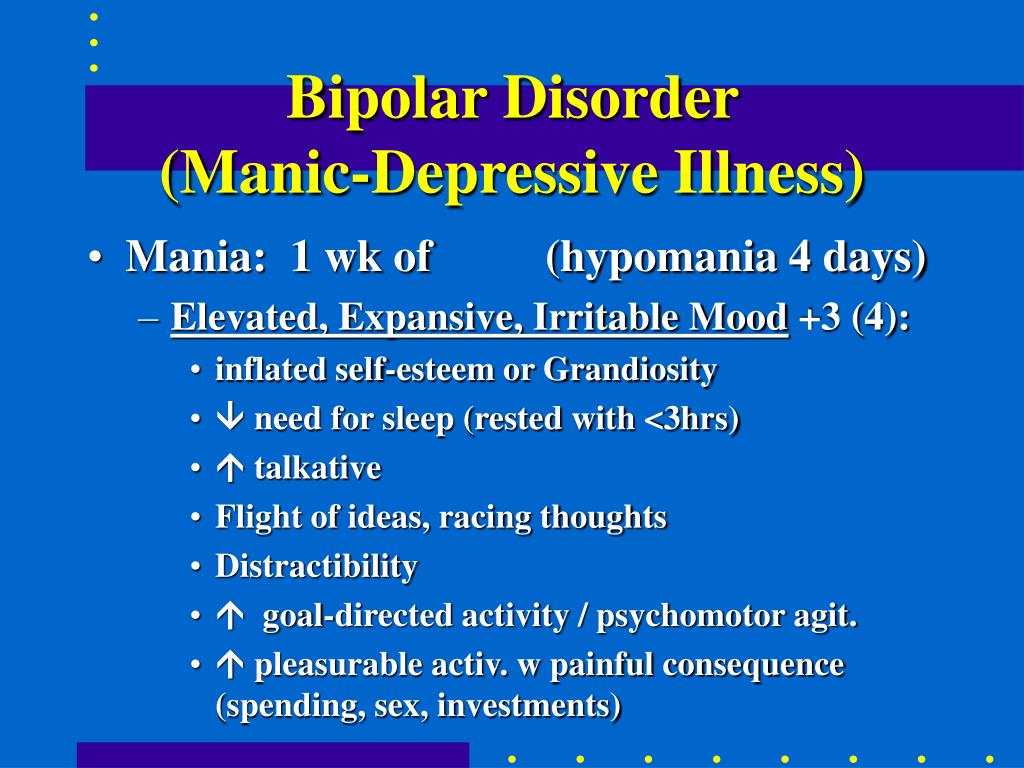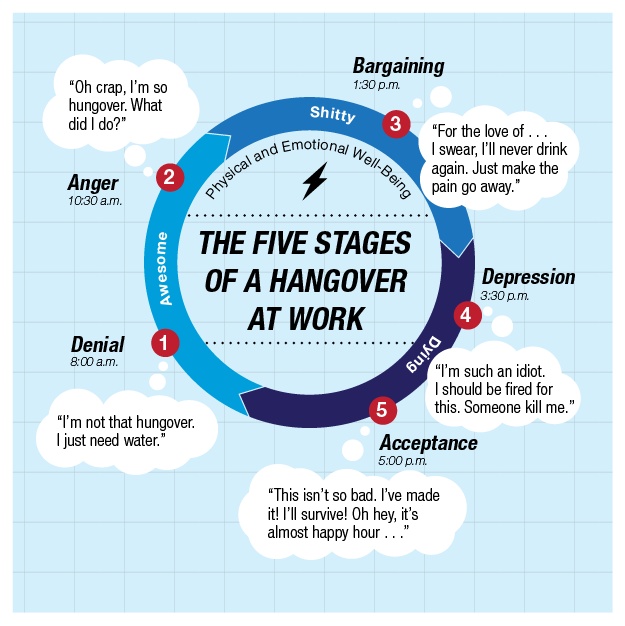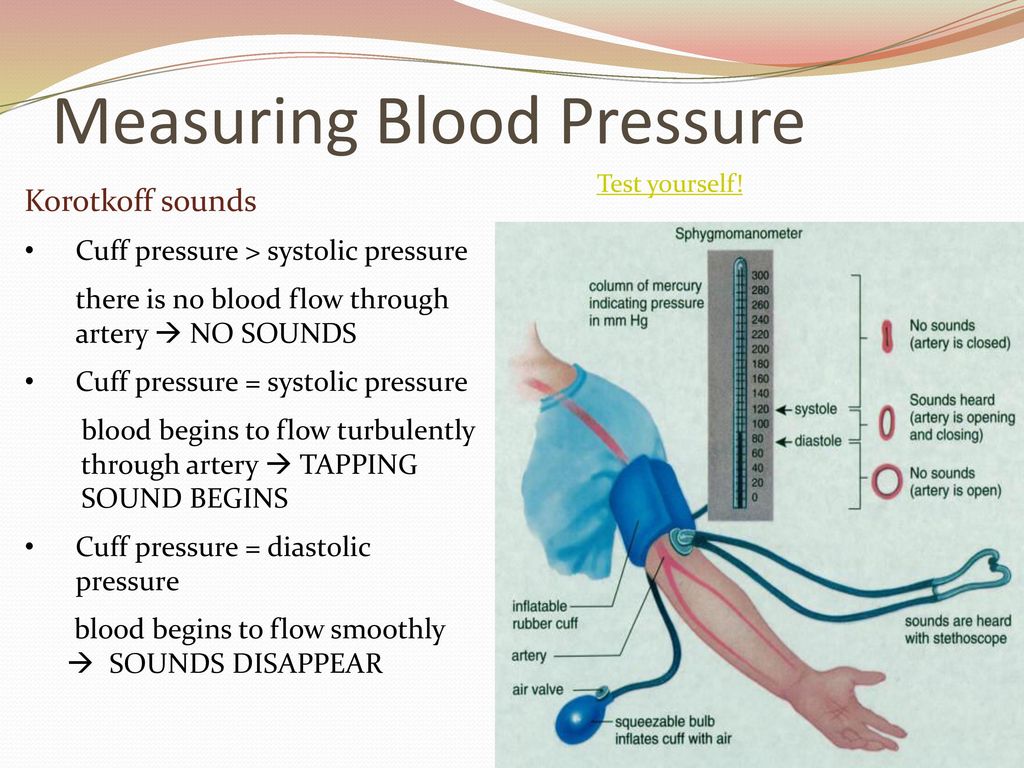Feel out of sorts
Know your English - What is the meaning and origin of ‘out of sorts’?
What is the meaning and origin of ‘out of sorts’?
(B. Mukund, Bangalore)
The expression is mostly used in informal contexts. When you say that you are ‘out of sorts’, you mean that you are not your usual self. You do not feel one hundred per cent okay, and as a result, are grumpy and irritable.
*Is something wrong? You look out of sorts today.
According to some scholars, the expression comes from the world of printing. In the past, typesetters composed each page manually; it was a laborious process. The person first picked the letters that made up a word and then proceeded to put them together. In the world of printing, these letters were called ‘sorts’.
Sometimes, while composing a page, the typesetter ran out of sorts. When this happened, when he didn’t have enough letters to complete the task at hand, he often became irritated or frustrated. Not everyone, however, believes that this is how the idiom came into being.
What is the difference between ‘prone’ and ‘supine’?
(J. Vinod, Gulbarga)
First, let us deal with the pronunciation of ‘supine’. The ‘u’ in the first syllable is like the ‘oo’ in ‘cool’, ‘pool’ and ‘fool’. The second syllable rhymes with the words ‘fine’, ‘shine’ and ‘dine’. One way of pronouncing the word is ‘SOO-pine’ with the stress on the first syllable. It is also possible to pronounce it ‘SYOO-pine’. When you lie supine on the floor or on the bed, you are lying flat on your back, looking up.
*Rama was lying supine on the couch and reading the newspaper.
The word has a figurative meaning as well. When you refer to someone as being supine, you mean he is an individual without a backbone. He is someone who can be easily controlled or manipulated by others because he is very weak or lazy.
*The supine administration refused to take action against the teachers.
The word ‘prone’ can also be used to refer to the manner in which a person lies down. When you lie prone on the sofa, you lie face down; in other words, you are on your stomach and not on your back.
When you lie prone on the sofa, you lie face down; in other words, you are on your stomach and not on your back.
*The body of the murdered woman was lying prone on the floor.
How is the word ‘verbiage’ pronounced?
(S. David, Hyderabad)
The word consists of three syllables, and not two. The first syllable is pronounced like the word ‘verb’, and the following ‘i’ is like the ‘i’ in ‘pit’, ‘kit’ and ‘bit’. The final ‘age’ is pronounced like the ‘idge’ in ‘fridge’, ‘bridge’ and ‘ridge’. This rather formal word is pronounced ‘VERB-i-ij’ with the stress on the first syllable. It is mostly used to refer to the manner in which someone writes or speaks. When someone uses too many words in order to say something, he can be accused of verbiage.
In addition to the number of words used, often the language tends to be very complicated making it rather difficult for the listener/reader to understand. The word comes from the French ‘verbier’ meaning ‘to chatter’.
*The chapter needs to be edited. Spend some time removing the verbiage.
Spend some time removing the verbiage.
*Madhav’s talk contained too much technical verbiage.
******
“Since my last report, your child has reached rock bottom and has started to dig.” — Teacher
Feeling out of sorts? 4 Reasons why it happens
What’s behind feeling lost and out of sorts? You know, that emotional state you’re in where you feel your life’s out of order.
Your friend gives you a call asking you to hang out, but you say you’re not in the mood. What does not being in a mood mean?
Your current emotional state is the sum total of the emotional effects of your recent life experiences.
Contrary to what many people think, low moods and irritability don’t visit you out of the blue.
There is always a reason behind each low emotion that you experience. By digging into the past, you can always figure out that reason.
I’m certain you’ve experienced that ‘out of sorts’ feeling several times in your life.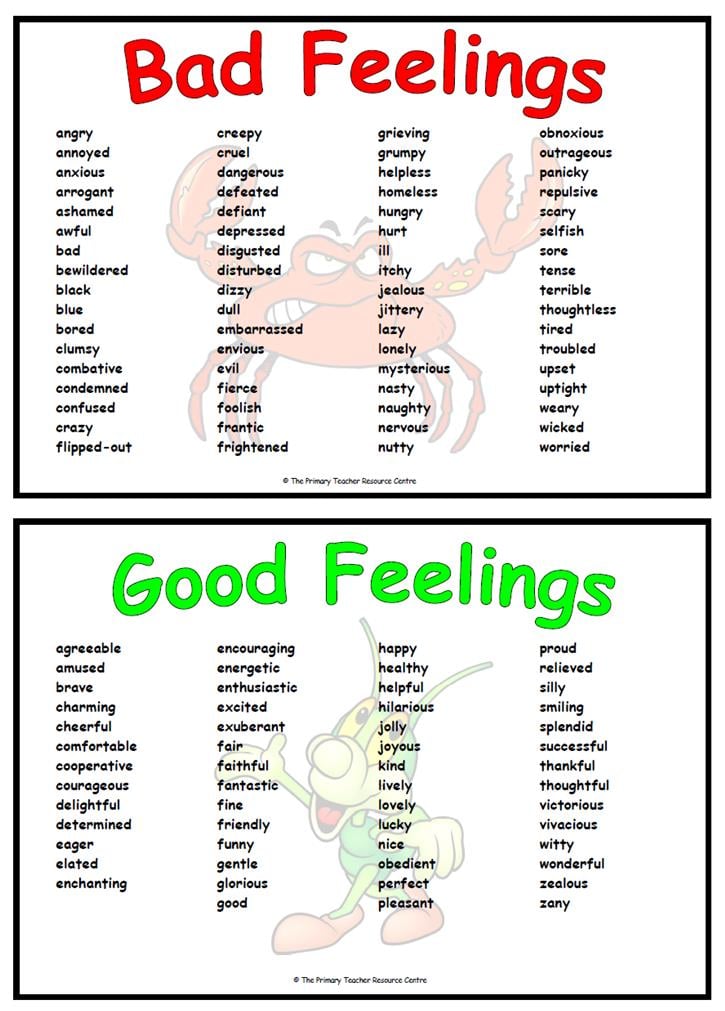
In this article, we explore what’s going on and the reasons behind experiencing such an emotional state…
When we feel out of sorts, it feels like something is tugging on our psyche. It feels like our mind is going in one direction but is being pulled by some other force in a different direction. Feelings don’t lie. This is exactly what’s happening.
When you’re feeling lost, and out of sorts, your mind is simply trying to direct your attention to things that are more important than what you’re doing now.
Your mind is telling you there are important unfinished businesses and issues that you should be paying attention to than to what you’re currently doing.
As a result, you notice that you can never fully concentrate on what you’re doing. It’s because a part of your mind is pulling you in another direction.
It’s the same as when a parent is trying to work, but a child tugs at them, repeatedly asking for candy. The parent finds it disturbing and can’t fully focus on the job at hand.
Below are the common reasons behind feeling lost and out of sorts:
1. Loss of control
We all want some degree of control over our lives. We all want our actions to be directed towards some worthy goal, and we all want to know where we’re going.
When unexpected events happen, we lose this sense of control resulting in making us feel out of sorts.
In this case, your mind is making you feel that way so you can restore your lost sense of control.
Let’s say you had an important task to do one morning. But as soon as you woke up, you heard that a relative passed away and so you had to visit their family urgently.
When you return, you’ll remember the unfinished task. This will give you a feeling of loss of control. Had there been no emergency and you did the task on time, you’d feel in control of your life. But that isn’t the case, and you feel that control has been taken away from you.
At this point, if you engage in any other activity except to make up for the lost time, you will feel out of sorts.
You may feel out of sorts the whole day if you don’t make a plan for damage control and schedule your missed task at a later date.
Since procrastination almost always results in a feeling of loss of control, it often makes one feel lost and out of sorts.
2. Worry
Worry works in the same way, except that it involves some future event instead of a past event.
When something about the future bugs you, you can’t engage all your mental resources on the activity at hand unless you provide your mind with a potential solution.
Often, when people are worried, they’ll act absent-mindedly because their mind is preoccupied with the thing they’re worried about.
They’ll say they’re feeling lost and out of sorts and want some alone time. It’s their mind’s way of ensuring that they reflect on their problem so that a possible solution can be worked out.
3. Stress
We live in an age of information overload. Our minds haven’t evolved to handle multiple tabs on a computer screen, several apps running on the phone, and grabbing some latest news on the TV simultaneously.
Continue such activities for some time, and the cognitive overload will almost invariably lead to stress.
When that happens, you’ll say you feel out of sorts, but it’s just your mind pulling you in the other direction, asking you to take a break from the stressful activities.
This feeling is common nowadays due to exponential advancement in technology over the last few decades.
4. Bad moodMany people equate feeling out of sorts to having a bad mood. The former is a general sense of not being able to engage your full mental resources on the current activity.
All bad moods may result in feeling out of sorts, but all ‘out of sorts’ feelings aren’t caused by bad moods.
Let’s say you catch up with a friend after finishing an exam you both appeared in. He tells you he messed up the paper. It was your usual practice to play basketball for an hour after exams, to relax your mind after 3 hours of the grueling exam session.
But on this particular day, your friend refuses to play. He says he’s feeling out of sorts. It’s not rocket science to guess that he’s in a bad mood because of the messed-up test, but you have to understand what’s going on in his mind.
He says he’s feeling out of sorts. It’s not rocket science to guess that he’s in a bad mood because of the messed-up test, but you have to understand what’s going on in his mind.
He hasn’t yet ‘integrated’ the negative life event into his psyche and made peace with what happened. He wants more time to reflect on what happened and what possible actions he could take to avoid this in the future.
Most probably, he had prepared well for the test but still didn’t do well. That’s what caused the storm of confusion in his psyche. No way is he playing basketball with you.
Compare this to another friend who also messed up his test but knows that’s because he was ill-prepared. He’ll also feel bad for a while after the test, but he won’t feel out-of-sorts for prolonged periods of time.
It’s because he’ll have dealt with the bad mood by promising himself that he’d be better prepared in the future. No storm of confusion in his psyche and no reason to reflect and brood. Also, no reason not to play basketball.
Always give your mind quick, believable reassurances when something bad happens. This will short-circuit the tendency to feel lost for prolonged periods.
Hanan Parvez( Author )
Hi, I’m Hanan Parvez (MBA, MA Psychology), founder and author of PsychMechanics. PsychMechanics has been featured in Forbes, Business Insider, Reader’s Digest, and Entrepreneur.
How to stop feeling out of sorts
- Main
- No. 35, April 4, 2018
14118
One of the most effective ways to relax and forget about painful problems for a while is reading for the soul.
Photo from en.freepik.com
- Lately I feel out of sorts: I am constantly irritated, arguing with work colleagues and relatives. I tell myself it's time to stop, but I can't. Can you recommend specific ways to bring yourself to life?
Irina Peskova, Vologda
Irina! It is very good that you understand that frequent unreasonable irritability interferes with life and you must definitely get rid of it. First of all, make a list of the things that make you feel good and that you love to do. Let the list be long, don't miss anything. For example, you like to knit or draw. Maybe you like to read, but there is not enough time. Or you are happy to communicate with a pet, or maybe you just like to lie on the couch and do nothing. Do one or two items from this list every day.
First of all, make a list of the things that make you feel good and that you love to do. Let the list be long, don't miss anything. For example, you like to knit or draw. Maybe you like to read, but there is not enough time. Or you are happy to communicate with a pet, or maybe you just like to lie on the couch and do nothing. Do one or two items from this list every day.
Do not be lazy, regularly write down everything that annoyed you and why. Review your notes at the end of the month. You can get very impressive results. For example, if most of the time you were pissed off by a work colleague or boss, it makes sense to think about changing the situation, and in extreme cases
find a new job.
If during the month you were annoyed by minor trifles, for example, queues in stores, noisy neighbors, barking dogs in the yard at night, then take the necessary measures. Try not to go shopping during rush hours, chat calmly with your neighbors, talk to the owner of the dog. Most often, as experience shows, irritating factors are easy to get rid of.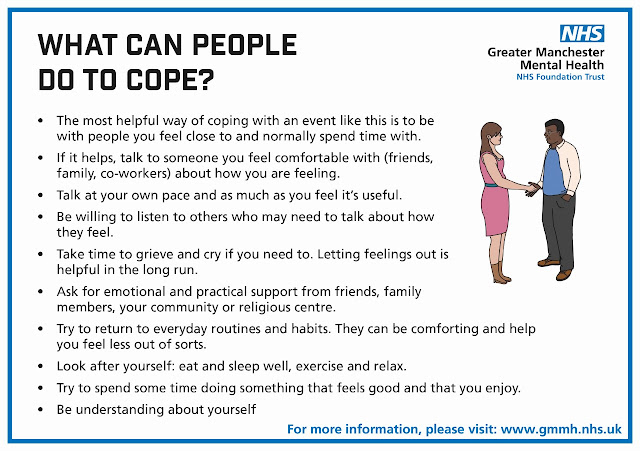
If, nevertheless, it is impossible to eliminate the factor that causes irritation, you will have to put up with it, having learned to control your emotions.
Be sure to get enough sleep - sleep at least seven to eight hours daily. After all, lack of sleep, especially constant, is the cause of increased irritability. It is worth adjusting the daily routine, so you will feel much calmer. After all, the more you fuss, the more you get tired and annoyed over trifles.
Everyone's irritability spills out differently. When someone blows off steam, they usually feel better. But another, often completely innocent person suffers from his irritability, anger. But accumulating anger in oneself is also harmful, so it is always important to proceed from the current situation so as not to break firewood.
Try to start taking vitamin complexes - perhaps the body is deficient in them. In this case, it is better to consult a doctor to find out which substance is missing. He will recommend you the necessary drug. Anxiety, irritability, short temper can be caused by deficiency of magnesium, calcium and B vitamins.
Anxiety, irritability, short temper can be caused by deficiency of magnesium, calcium and B vitamins.
Try to walk every day. Moreover, if possible, change the route, start communicating with people. Sign up for the sports section. Do weekend hikes. Spending time with the whole family is beneficial.
In a word, it is not so difficult to control oneself, if there is a mood and a desire.
what to do when you don't know anyone at an event
For some of us, there is nothing more intimidating than walking into a room knowing that no one is familiar to us. Yes, yes, introverts, this is about you! We all use different ways to feel more or less comfortable when entering uncharted territory, and these techniques help us adapt to new places and faces.
Marina Khidekel, Entrepreneur.com
B2B-Center
.
Find the most bored person
Look around - most likely, you will find that someone from those present is bored alone. Walk up to that person, smile, introduce yourself, and extend your hand. Ask about the name of your interlocutor and ask him some harmless simple question to start a conversation. In the meantime, if other people come up to you, invite them to join. The hardest part here is finding a polite but sure way to end a conversation if you're not interested in it, and strike up a conversation with someone else.
The Bond Method
If the event has a buffet table, you can go straight to it. This way, at a minimum, you will have something to occupy your hands (and your mouth too), which means you won’t have to feel awkward just standing around doing nothing. Remember that feeling when you do not know where to put your hands, and it seems to you that a glowing inscription “I feel out of sorts” flashes above your head. If someone is at the table next to you, you can casually comment on one of the dishes. “The ice will break,” and then, if you are answered (and you do not feel a puzzled look on yourself), you can introduce yourself and continue the conversation.
Create an introvert club
If you're a true introvert, you probably feel very uncomfortable in a big company. When in this situation, try to find a "soul mate" - someone who stands alone, silently watching the rest. Approach such a person and get acquainted. Surely other "hermits" will roam nearby, invite them to a conversation. You won’t even have time to come to your senses, how a real “gang” of introverts will form.
Knowledge is power
You need to know “your audience”, because surely all strangers present at the event have something in common - an industry, a topic or a goal. Before you go to such a meeting, collect information and arm yourself with a couple of relevant topics that you can discuss and seem to be "in" at the same time. Try to get used to the role as much as possible, and you will make the right impression. And the more often you practice in similar situations, the faster it will become a routine for you, and not a frightening challenge.
Call on curiosity
For many, the word "networking" causes deep discomfort. Often this concept is taken literally as the need to contact people and create connections. For some, this is given very difficult, as they say, through force. But it can also be viewed in a completely different way. Isn't it curious what kind of people you will meet? In addition, it is not at all necessary to try to make contacts with everyone present. It will be even better if you focus on one person, building a truly meaningful connection with him. Be calm, smile and be open - the right person will find you.
Set goals first
Make it a habit to set one or more goals for yourself before you go to an event. For example, "get to know someone from your industry" or "find a new potential client." Having a clear goal in mind will help you avoid confusion and stay calm in unfamiliar surroundings. Here, by the way, it would be useful to remind you again of the need to arm yourself with information in advance - this will allow you to easily carry on a conversation.
Differences bring people together
Imagine that you are at a conference where the vast majority of those present are 15 years younger than you, and you also need to speak to them. Moreover, it is necessary not only to “get through” to the audience, but also to win over listeners to yourself. In such a situation, it is worth perceiving the age difference not as an obstacle, but as an opportunity to learn something new. In this case, anxiety is transformed in your mind into anticipation of receiving valuable information from other people and the opportunity to share your experience with them. Be friendly and simple - it instantly wins people over. Ask questions and listen to the answers with genuine interest. Make your listeners trust you. With this approach, communication will be beneficial for everyone, because everyone will take out something valuable for themselves.
Find common ground
A good way to start a conversation is to try to find common interests right away. It can be anything from news to sports. At the same time, everyone should feel comfortable. By the way, it would be wiser not to pull the blanket over yourself, but to give the interlocutor the opportunity to open up. In addition, this tactic allows you to learn a lot of new things, because the people we meet have truly vast knowledge about a variety of things and phenomena. Even if talking a lot is not your forte, there will surely be one or two topics that will be really easy and enjoyable for you.
Ask for help and help yourself
Another interesting technique that many people find themselves in an unfamiliar environment is starting a conversation by turning to someone for help or information. Through this strategy, you will be able to easily make contact, start communication, and ultimately feel more comfortable in a new environment. It’s good if you yourself offer help, because in this way you create an atmosphere around you that is conducive to others.

